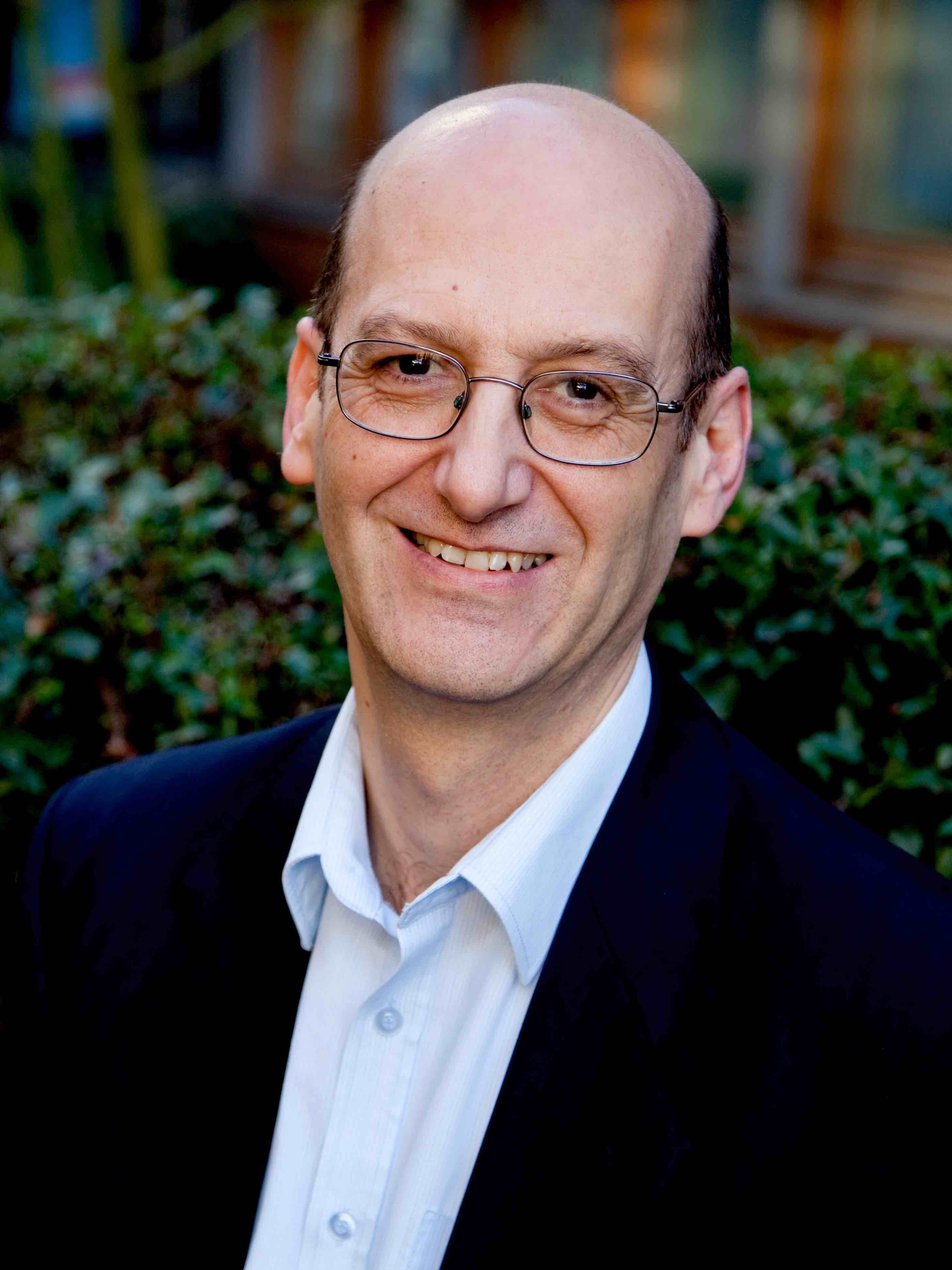Prof. Jonathan M. Garibaldi
IEEE Fellow
University of Nottingham Ningbo China
Bio: Prof. Jon Garibaldi is currently the Provost of the University of Nottingham Ningbo China, and a member of the University of Nottingham Executive Board (UEB). He is Head of the Intelligent Modelling and Analysis (IMA) Research Group and was a Founding Director (together with Prof. Richard Emes) of the Advanced Data Analysis Centre (ADAC). He obtained a BSc (Hons) in Physics from University of Bristol in 1984, an MSc in 'Intelligent Systems' from University of Plymouth in 1991, and a PhD in 'Intelligent Techniques for Handling Uncertainty in the Assessment of Neonatal Outcome' from University of Plymouth in 1997. He was Head of School of Computer Science from 2016-2023. After joining the School in 2002, he became a full Professor in 2012, and held a variety of administrative roles including Admissions Tutor, Director of Teaching and then Head of School. He is a Fellow of the IEEE; he was the Editor-in-Chief of IEEE Transactions on Fuzzy Systems, the leading international journal in my main research field, from Jan 2017 to Dec 2022. His main research interest is in developing intelligent techniques to model human reasoning in uncertain environments, with a particular emphasis on the medical domain. His main technical area of research is into using non-standard fuzzy sets and systems, such as type-2 fuzzy sets and systems, to model human reasoning processes.
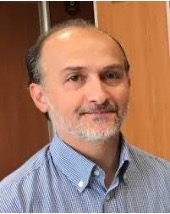
Prof. Giancarlo Fortino
IEEE Fellow
Vice President of Cybernetics of IEEE SMC
University of Calabria, Italy
Bio: Giancarlo Fortino (IEEE Fellow 2022) is Full Professor of Computer Engineering at the Dept of Informatics, Modeling, Electronics, and Systems of the University of Calabria (Unical), Italy. He received a PhD in Computer Engineering from Unical in 2000. He is also distinguished professor at Wuhan University of Technology and Huazhong Agricultural University (China), high-end expert at HUST (China), senior research fellow at the Italian ICAR-CNR Institute, CAS PIFI visiting scientist at SIAT – Shenzhen, high-end expert of the Henan province, and Distinguished Lecturer for IEEE Sensors Council (2021-23).At Unical, he is the Rector’s delegate to Int’l relations, the chair of the PhD School in ICT, the director of the Postgraduate Master course in INTER-IoT, and the director of the SPEME lab as well as co-chair of Joint labs on IoT established between Unical and WUT, SMU and HZAU Chinese universities, respectively.
Fortino is currently the scientific responsible of the Digital Health group of the Italian CINI National Laboratory at Unical. His research interests include wearable computing systems, e-Health, Internet of Things, and agent-based computing. He is author of 600+ papers in int’l journals, conferences and books.He is (founding) series editor of IEEE Press Book Series on Human-Machine Systems and EiC of Springer Internet of Things series and AE of premier int’l journals such as IEEE TASE (senior editor), IEEE TAFFC-CS, IEEE THMS, IEEE T-AI, IEEE IoTJ, IEEE SJ, IEEE JBHI, IEEE SMCM, IEEE OJEMB, IEEE OJCS, Information Fusion, EAAI, etc.
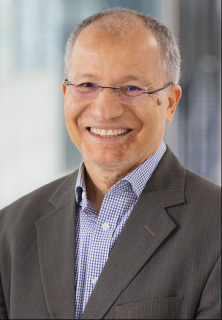
Prof. Mohsen Guizani
IEEE Fellow
Mohamed bin Zayed University of Artificial Intelligenc, America
Bio: Before joining MBZUAI, Professor Guizani served in multiple administrative positions in the USA and the Gulf region, such as the Founding Associate Vice President for Graduate Studies at QU, Chair of the ECE Department at the University of Idaho, Chair of the Computer Science Department at Western Michigan University and Professor at the University of Missouri. He was elevated to the IEEE Fellow in 2009 for his contribution to “quality of service in broadband and ad hoc wireless networks.” He is a highly cited researcher and was listed as a Clarivate Analytics Highly Cited Researcher in Computer Science in 2019, 2020 and 2021. Professor Guizani has won several research awards including the 2015 IEEE Communications Society Best Transaction Paper Award as well as four Best Paper Awards from top conferences, such as IEEE ICC and IEEE Globecom.
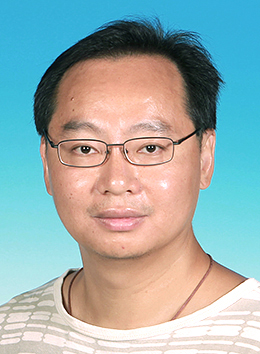
Prof. Vincent K.N. Lau
IEEE Fellow
The Hong Kong University of Science and Technology, China
Bio: Vincent obtained B.Eng (Distinction 1st Hons – ranked 2nd) from the department of EEE, University of Hong Kong in 1992. He joined the Hong Kong Telecom (PCCW) after graduation for 3 years as system engineer. He obtained the Sir Edward Youde Memorial Fellowship, Rotoract Scholarship and the Croucher Foundation Scholarship in 1995 and studied for Ph.D. at the University of Cambridge. He completed the Ph.D. degree in 2 years and joined the Bell Labs - Lucent Technologies, New Jersey in 1997 as Member of Technical Staff. He has worked on various advanced wireless technologies such as IS95, 3G1X, UMTS as well as wideband CDMA base station ASIC Design and Post 3G Technologies such as MIMO and HSDPA. He joined the department of ECE, HKUST as in August 2004 and is currently a Chair Professor. He has been the technology advisor and consultant for a number of companies such as ZTE and Huawei, ASTRI, leading several R&D projects on B3G, WiMAX and Cognitive Radio. He is also the founder and director of Huawei-HKUST Innovation Lab.
Vincent has published over 300 papers, including around 150 IEEE Transaction papers (IEEE Transactions on Information Theoy, IEEE JSAC, IEEE Transactions on Wireless Communications, IEEE Transactions on Communications, IEEE Transactions on Signal Processing,..etc), 150 IEEE conference papers, 15 Bell Labs Technical Memorandum and contributed to 40+ US patents on wireless systems. In addition, Vincent is also the key contributor of 4 IEEE standard contributions (IEEE 802.22 WRAN / Cognitive Radio) which are accepted into the IEEE 802.22 specification. He has received three best paper awards from IEEE ICC 2008, IEEE ChinaCOM 2008 and IEEE CICC 2007 and is a Fellow of IEEE, Fellow of HKIE, Changjiang Chair Professor and the Croucher Senior Research Fellow. He is currently an Area Editor of IEEE Transactions on Wireless Communications, an Area Editor of IEEE Signal Processing Letters, a guest editor of IEEE Journal on Selected Areas on Communications (JSAC) – Special Issue on Limited Feedback, a guest editor of IEEE Special Topics on Signal Processing, IEEE System Journal, a book-series editor of the Information and Communications Technologies (ICT) book series for John Wiley and Sons as well as an editor of the EURASIP Journal on Wireless Communications and Networking.
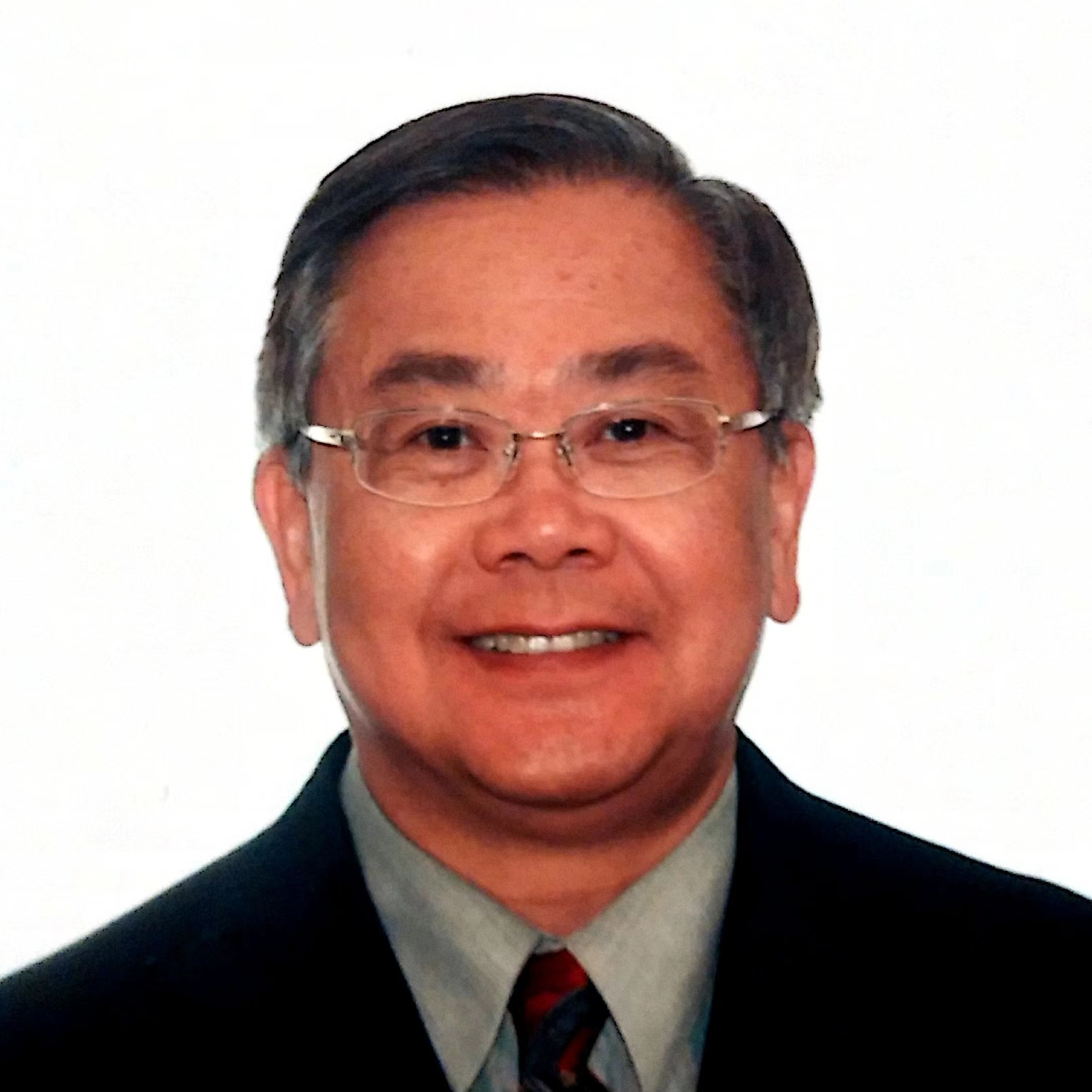
Prof. Victor C.M. Leung
IEEE Fellow
University of British Columbia, Canada
Bio: Prof. Victor C.M. Leung's research interests are in the area of telecommunications and computer communications networking. The scope of the research includes design, evaluation, and analysis of network architectures, protocols, and network management, control, and internetworking strategies for reliable, efficient, and cost effective communications. The convergence of wireless and broadband communications has led to the integration of heterogeneous wireless and wireline networking technologies, often into the same device, to enable ubiquitous multimedia communications among people and machines regardless of locations and mobility. The thrust of the research is to contribute to the development of this emerging global network, with current focuses on energy efficient service provisioning over 5G wireless mobile broadband networks and beyond. The issues addressed include mainly: scheduling and resource management in networks to provide quality of service guarantees, design of network architectures and protocols for high performance and energy-efficient broadband communications, development of protocols and mechanisms for security and privacy in wireless networks, and development of protocols and algorithms for application-specific wireless networking. Most projects involve novel designs and performance evaluation by modeling and analysis using analytical, numerical, and simulation methods. While optimization techniques are widely used in the research, increasing model-free machine-learning based approaches are contemplated to facilitate practical implementations.

Prof. Ljiljana Trajkovic
IEEE Fellow
Simon Fraser University, Canada
Bio: Ljiljana Trajkovic received the Dipl. Ing. degree from University of Pristina, Yugoslavia, the M.Sc. degrees in electrical engineering and computer engineering from Syracuse University, Syracuse, NY, and the Ph.D. degree in electrical engineering from University of California at Los Angeles. She is currently a professor in the School of Engineering Science, Simon Fraser University, Burnaby, British Columbia, Canada. Her research interests include communication networks and dynamical systems. Dr. Trajkovic served as IEEE Division X Delegate/Director, President of the IEEE Systems, Man, and Cybernetics Society, and President of the IEEE Circuits and Systems Society. She serves as Editor-in-Chief of the IEEE Transactions on Human-Machine Systems. She was a Distinguished Lecturer of the IEEE Circuits and System Society and a Distinguished Lecturer of the IEEE Systems, Man, and Cybernetics Society. She is a Fellow of the IEEE. A light weight design for such as small unmanned aerial vehicle application. The SI-GWG bandpass filter is implemented using the Micro- Electromechanical System (MEMS) technique. The SI-GWG microstrip transitions are introduced here for system integration between the antenna and the active chips. The SI-GWG packaging lid is designed by 3-D printing technique. Finally, the future development of the SI-GWG is given in the Conclusion.

